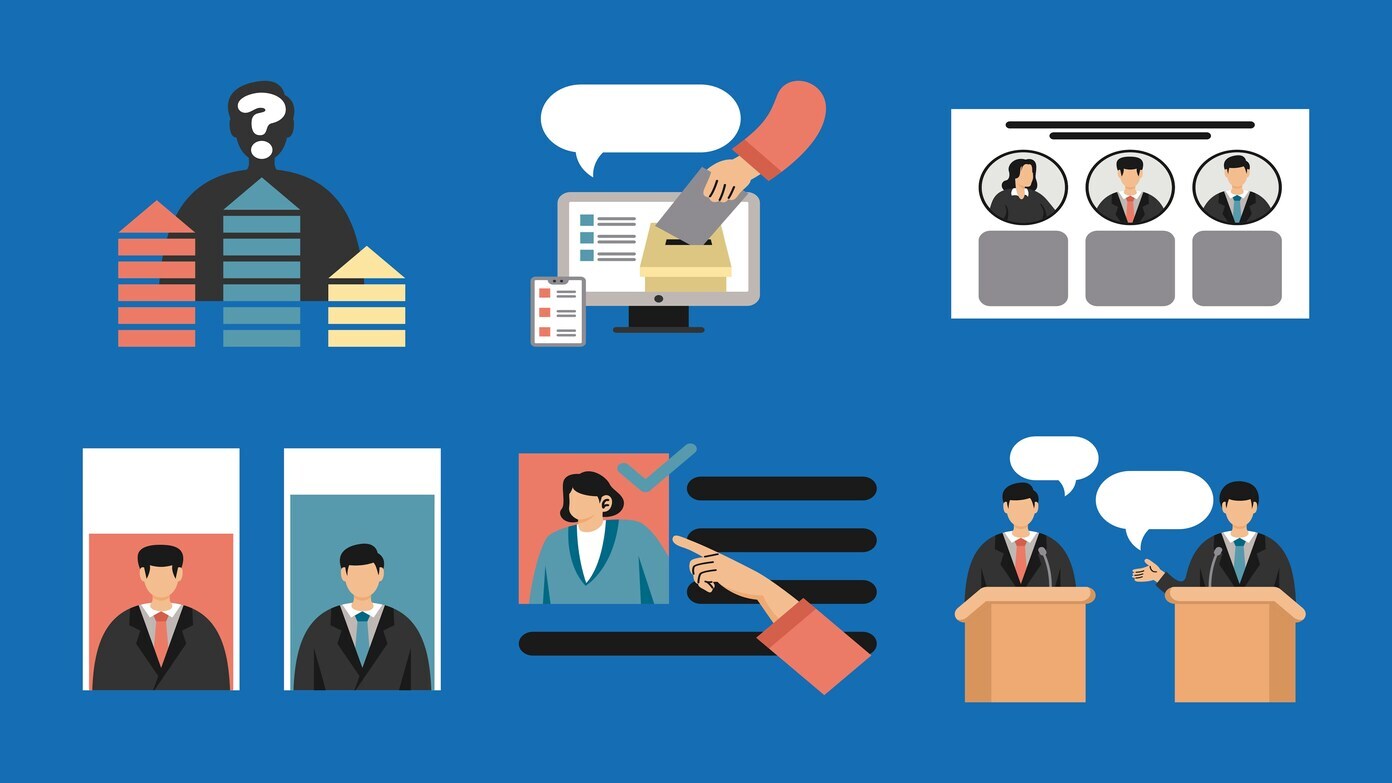Shutdown deadline looms
The White House and Congress remain stalled in their bitter fight, with less than two days left to avert a potential government shutdown. Congress has until midnight on September 30 to enact spending bills, or the government will shut down starting October 1. At the core of the stalemate are health benefits tied to the Affordable Care Act, which protect approximately 24 million Americans.
This is not the first time the U.S. has gone through this kind of standoff. There have been 14 shutdowns since 1981. Some only lasted a day or two, but others lasted weeks. The most recent long one was in December 2018 and January 2019 and lasted 35 days.
What happens when the government shuts down?
A shutdown doesn’t mean the government closes its doors completely, but it does mean that some of them do. Federal agencies that are funded with annual appropriations from Congress can’t operate at full capacity without them.
That leaves many hundreds of thousands of government employees “furloughed”, or told not to come to work. They won’t be paid, either, until after the shutdown is completed. Some essential staff, like members of the military or air traffic controllers, are to remain on the job, though they may have to wait for their paychecks longer than normal.
In past shutdowns, people saw longer airport lines, slower government paperwork, and closed national parks. Average life becomes more stressful in a rush when Washington comes to a standstill.
Read this later: Powell: “It’s a challenging situation” with job market and inflation pressuring Fed
Will Social Security be paid?
For millions of seniors and disabled Americans, the biggest question is if their Social Security checks will keep coming. The answer is yes.
Social Security benefits are “mandatory spending.” That is, the money for retirement benefit, disability benefit, survivor benefits, and Supplemental Security Income (SSI) is already programmed by law. Those programs are not subject to Congress’s voting on an annual budget.
So, if you already receive Social Security, your monthly check or direct deposit will continue on time, regardless of whether the government shuts down. This has been the policy during each previous shutdown.
What could get behind?
Disability benefits currently being paid will continue, but other parts of the Social Security system could come to a standstill. That’s because most employees of the Social Security Administration (SSA) would be sent home in a shutdown.
This could include waiting for:
- Initial Social Security benefit applicants
- Processing disability claims or appeals
- Reviewing medical assessments
- Deciding the benefits for dependants after a death
Anything that requires forms, reading, or one-on-one help from SSA workers can take much longer.
Read this: Why United briefly grounded flights overnight
Who else will it impact?
Aside from Social Security, the majority of Americans will experience the actual effects of a shutdown. National parks may close, Smithsonian museums may do so after depleting their emergency budgets, and other operations like small business loans and passport processing may be impacted.
As it continues, more than 750,000 federal workers may not get their paychecks, at least temporarily. They combine to earn some $400 million per day in salary, according to the Congressional Budget Office, giving a sense of the scale of the disruption.
Medicare, Medicaid, and care for veterans will not be affected, but there are some related services for veterans — for example, help with education benefits, or upkeep of cemeteries — that could be halted.
You will want to read this much later: Shutdown risk escalates as Trump slams Democrats

